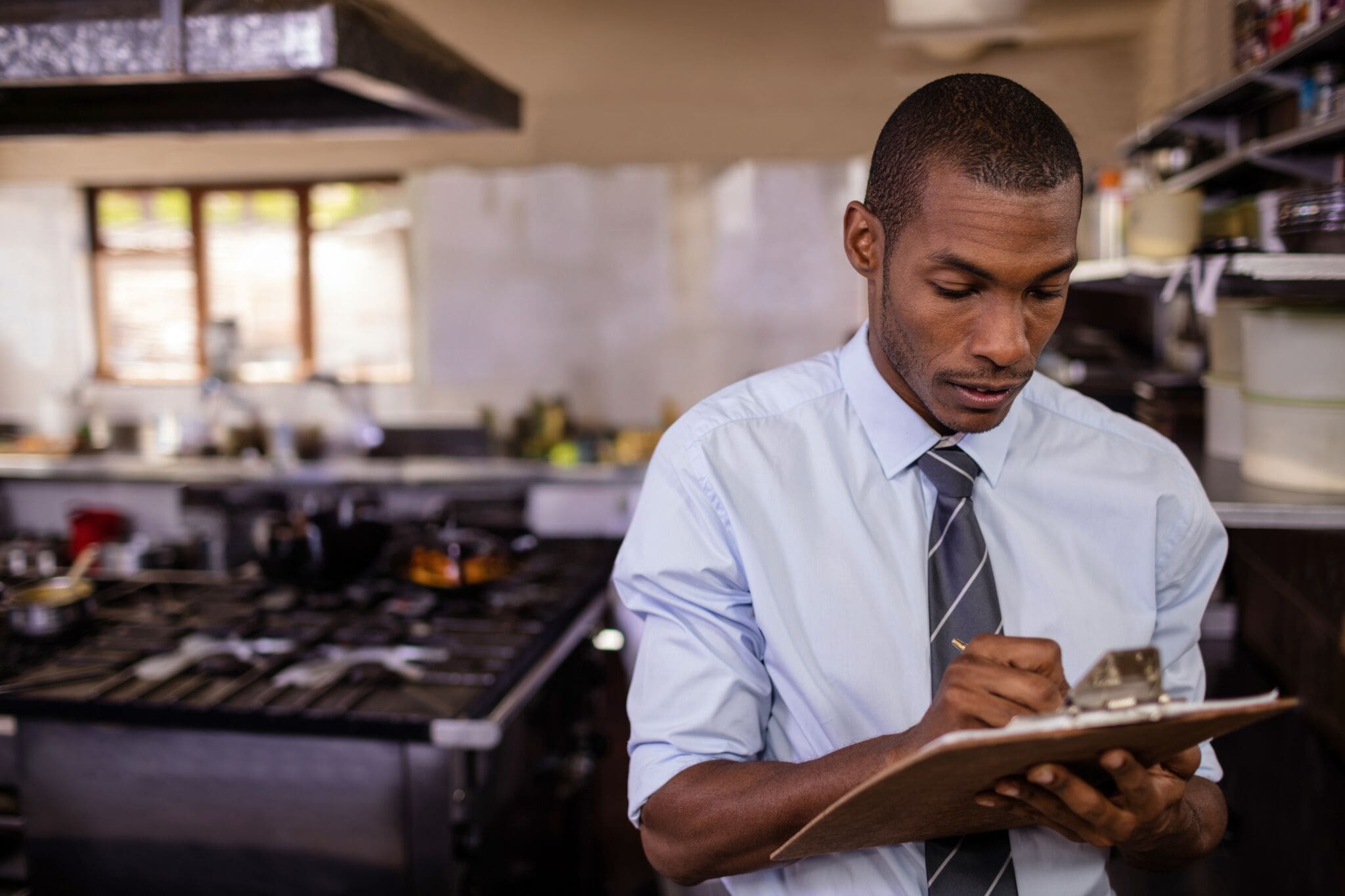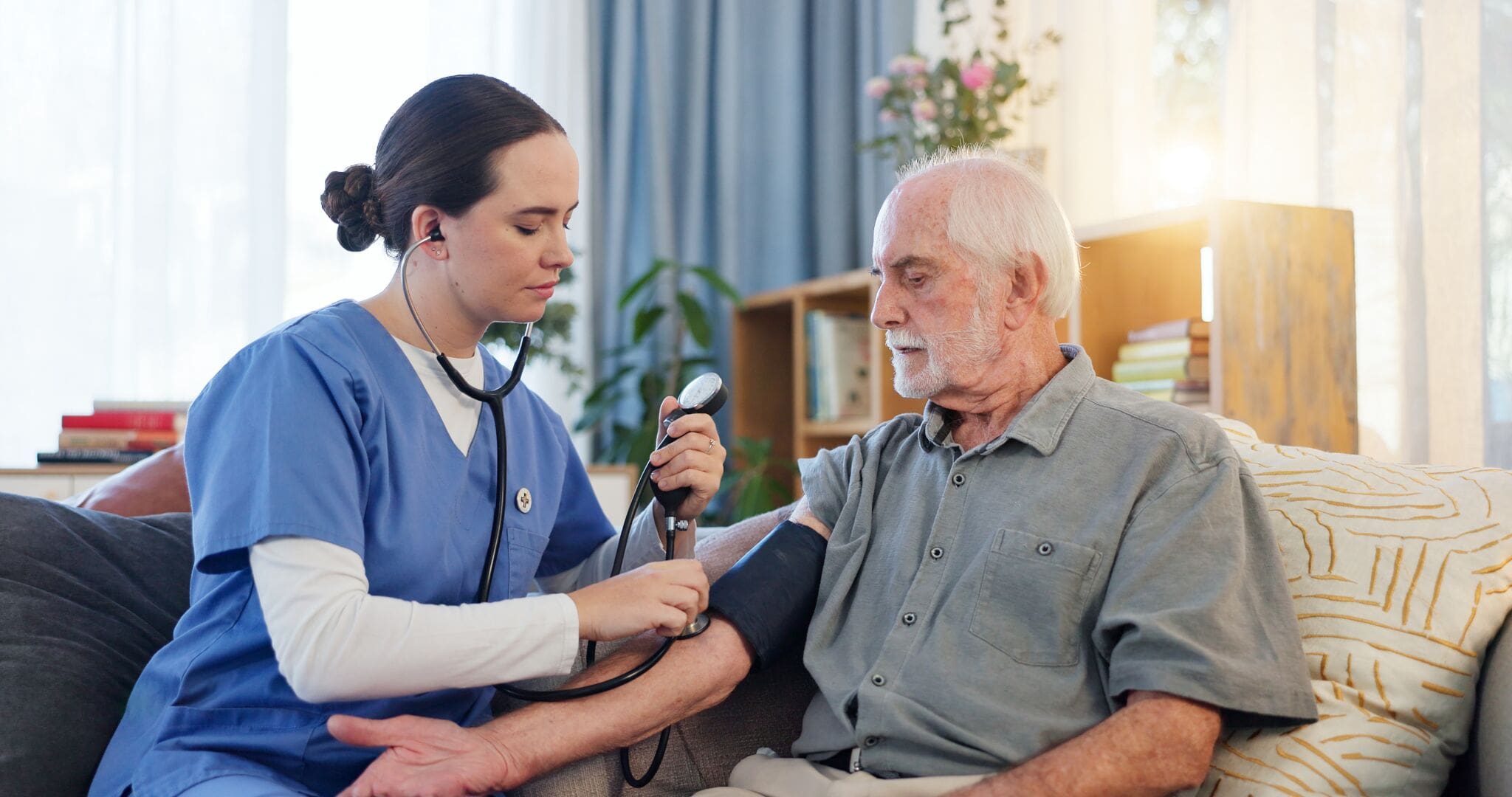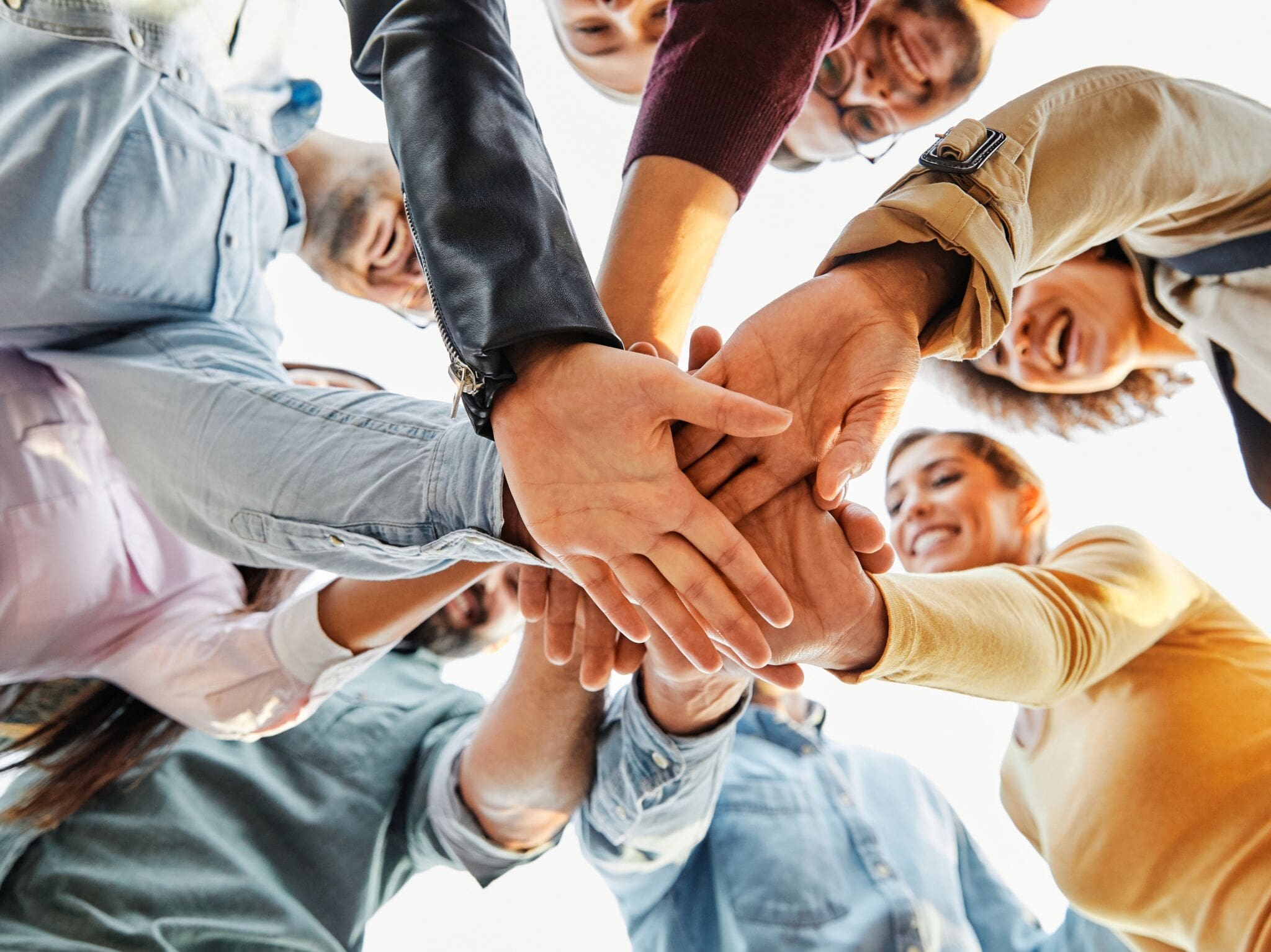In this article
A forced marriage is a marriage that involves a person being made to marry someone when they have no choice in the matter. Sometimes one party is being forced to marry the other and, in some cases, both parties are being forced into the union.
People may be forced or coerced into a marriage by their parents, family members or respected religious leaders within their community. The element of ‘force’ may be obvious, such as using violence or threats of violence, although often it is more insidious and involves using guilt trips or elements of coercive control.
There are a number of reasons that someone is forced into marrying someone that they do not want to. Common reasons may include:
- Parents being pressurised by others (including religious leaders) to force their child into a marriage
- Financial incentives, such as a family offering to pay a large sum of money in exchange for the marriage
- A family wanting to keep marriage within their family (such as a marriage between cousins) or who fear the individual is becoming too ‘westernised’ and requires taming
- Fears over reputation and honour, especially within certain strict cultures or religions. These fears may be related to an individual wanting to date outside of their race/religion, being part of the LGBTQ community or a woman reaching a certain age and not yet having children
- Assisting in obtaining UK residency and citizenship
Girls may make up a disproportionate number of victims of forced marriage. Of the cases that the Forced Marriage Unit (FMU) dealt with in 2022, 78% involved a female victim. The vast majority of victims are aged between 18 and 25, although children and older people also fall victim to forced marriage.
Forced marriage is not unique to any particular region, religion or culture, although a number of ‘focus countries’ do routinely crop up in the cases handled by the FMU, including Pakistan, Bangladesh, India, Afghanistan, Iraq and Somalia. Within the cases handled in 2022, eight had no overseas element – meaning that the forced marriage element occurred exclusively in the UK.

Why Specialised Training is Essential for Law Enforcement
It is a criminal offence to force someone into a marriage or to trick them into travelling overseas for such a purpose. Forced marriage is covered under section 121 of the Anti-Social Behaviour, Crime and Policing Act 2014 and is classed as a form of abuse and violence against women and men. This includes:
- Taking someone overseas to force them to marry (whether or not the forced marriage takes place); and
- Causing someone who lacks the mental capacity to consent to the marriage to enter into a marriage (whether or not coercion is used)
The offence of forced marriage applies to any religious or civil ceremony of marriage, whether it is legally recognised or not. Forcing someone to marry can result in a sentence of up to seven years in prison.
An arranged marriage is different from a forced marriage and it is crucial that law enforcement can make this distinction. Arranged marriages are common in some cultures. An arranged marriage is when a family fixes up two people for the purpose of marriage, sometimes not even introducing them until the wedding day.
In an arranged marriage, both parties are able to make an informed choice and do not face threats and terrible consequences if they reject the marriage offer. It is vital that law enforcement understand the difference between these two concepts.
When an allegation of forced marriage is made, it is vital that it is handled appropriately and sensitively. Victims of forced marriage may be extremely fearful and may have been taught from a young age not to trust the police, therefore it is critical that initial interviews and investigations are done correctly in order to gain the trust of key witnesses (sometimes called the ‘one chance’ rule).
- Victims of forced marriage may be reluctant to disclose information out of fear or because they do not want to get their family into trouble
- Without good evidence, cases may be rejected by the CPS or fall apart in court
- A botched case can cause others to be hesitant in coming forward, causing significant harm to future victims
- Some victims of forced marriage may be especially vulnerable due to mental health or disability
It is also important that law enforcement understand how to work with other agencies and are able to signpost victims to appropriate support, such as housing advice if they need to leave home immediately or financial advice if their bank account is being controlled.
When someone enters a marriage against their will they are at an increased risk of future violence (from the spouse or their wider family) including rape and controlling behaviour such as forced pregnancy, being withdrawn from education or not being allowed to work. Sometimes when someone is forced into a marriage they are taken abroad and isolated from their friends, family, support network and everything that is familiar to them. This can leave victims feeling afraid and hopeless.
Specialised training is so important for law enforcement as they are uniquely placed to rescue victims and to punish perpetrators, sending out a clear message that forced marriage is wrong, illegal and will not be tolerated.
Some of the responsibilities of law enforcement officers include:
- Taking referrals from other agencies and investigating allegations
- Interviewing both the victims and alleged perpetrators of forced marriage
- Protecting victims and connecting them with other agencies who can help them
- Collecting evidence, including digital evidence
- Making a case and submitting the file to the CPS
In the UK, some forced marriage cases can be dealt with civilly rather than criminally, using a Forced Marriage Protection Order (FMPO). Officers must be able to recognise when this is appropriate and when it is not to ensure that victims are suitably protected.

A Forced Marriage Protection Order (FMPO) can be issued under section 63A of the Family Law Act 1996. FMPOs can help safeguard victims, or potential victims, of forced marriage. They can help victims who are:
- Being forced into marriage
- Already in a forced marriage
The person who needs protection or the social services department of a local authority can apply directly to the family court for an FMPO. Other agencies (including the police) have to apply to the court for permission to make an FMPO application.
Forced Marriage Protection Orders are:
- Unique to each case
- Contain legally binding conditions and directions that change the behaviour of people who are trying to force someone into a marriage
They can prohibit perpetrators from doing certain actions, such as:
- Making threats or being violent
- Contacting the victim
- Taking the victim out of the country
FMPOs may also require the perpetrator to hand over their passport to minimise the chance of travelling abroad to engage someone in a forced marriage.
- If you disobey a court order you can be sent to prison for up to 2 years for contempt of court
- Breaching a forced marriage protection order is also a criminal offence, with a maximum sentence of 5 years’ imprisonment
Components of Effective Training Programmes for Forced Marriage Cases
Training about forced marriage and all types of honour-based violence should highlight the need for a multi-agency approach to tackling forced marriage.
Important areas to cover in training programmes relating to forced marriage cases include:
- The difference between arranged and forced marriage
- How to adopt a victim-focused approach
- The risks of family mediation
- Personal safety advice and strategies for leaving home
- The importance of sharing information with other services
- Confidentiality and security information
- Good record-keeping
- FMPOs – what they are and when to apply for one
Good training programmes should contain ways to objectively measure a participant’s understanding such as an exam. After completing training on forced marriage, participants should be able to demonstrate:
- Awareness and understanding: e.g. how to recognise the signs of a forced marriage
- Legal knowledge: including which aspects of the law that pertain to forced marriage
- Victim support and safeguarding: including training on trauma-informed interviewing and working with vulnerable populations
- Interagency collaboration: including working with social workers, airport staff, Border Force, NGOs and legal aid services
Due to the sensitivity of the topic, it is also crucial that officers undertake some training in how to handle culturally sensitive situations respectfully and how to approach cases without bias.
Case Studies and Real-Life Examples
To improve outcomes for victims, Greater Manchester Police (GMP) has introduced Honour-Based Abuse Champions. These specially trained individuals include police officers and staff from across the force who have undergone additional training to enhance their understanding of honour-based abuse and how it affects victims and survivors. They also receive comprehensive training and have access to support resources and subject matter experts within GMP.
The force recently organised an event at its headquarters, focusing on addressing Honour-Based Abuse (HBA) across Greater Manchester, which includes forced marriage. It was attended by 54 Honour-Based Abuse Champions and external speakers, who shared personal experiences and expert insights and discussed best practices in dealing with forced marriage and honour-based abuse.
The event also featured powerful narratives from two survivors of HBA who told their deeply personal stories of forced marriage and domestic abuse. These courageous survivors came together with experts and police officers to share knowledge and discuss how to educate, empower and assist victims, with a focus on:
- Preventing at-risk individuals from going through similar experiences
- Improving outcomes for victims
- The importance of proactive measures and awareness in breaking cycles of abuse
The above case study highlights the importance of specialist training for officers in trying to combat complex issues such as honour-based abuse, including forced marriage, that intersect communities. To tackle these sensitive issues, it is vital that officers have received specialist training and are equipped with expert knowledge and an understanding of the lived experiences of victims in order to take a holistic view of the issue.
Training sessions and events like the one in Manchester aim to remove barriers and dismantle stereotypes, fostering a culture of understanding and acceptance within law enforcement that allows for better outcomes for victims of HBA.
Challenges and Areas for Improvement
In the UK, not everyone agrees that the law is applied equally to all people. Recently, we have been hearing allegations of racism and two-tier justice systems reported by certain media outlets. Several high profile child grooming cases in recent years have highlighted that, occasionally, British police are reluctant to intervene despite clear evidence that a crime has been committed out of fear of being labelled as racist. It is crucial that investigations into forced marriage cases do not lapse into such patterns.
In addition to fears about racism, some officers may be ignorant about other religions or cultures which may lead them to:
- Assume forced marriage is part of the religion/culture and that they should not interfere with this subject
- Not believe victims
- Take steps that put victims at greater risk (such as speaking to the victim’s family without putting adequate safeguards in place)
- Draw false conclusions based on stereotypes, such as men cannot be victims of forced marriage
Additional challenges and barriers include:
- A lack of resources
- Lack of specialised training
- Language and cultural barriers
- Reluctant victims
To combat some of the above challenges which can act as barriers to victims getting justice, it is essential that law enforcement officers have access to continuous training and education, adequate resources and are given appropriate support from their superiors.
Using diversity, equality and inclusion (DEI) initiatives to ensure police forces represent people from diverse backgrounds, including encouraging more female officers to join the force and employing more Black, Asian and Minority Ethnic (BAME) officers (especially in diverse areas), may help victims of forced marriage to feel more comfortable in coming forward.

Diverse police forces can also bring new ways of thinking and approaching situations and encourage innovative problem-solving behaviour.
Conclusion
Specialist training programmes are essential tools for law enforcement in safeguarding human rights and dealing with vulnerable victims and complex community and family dynamics. Investing in such programmes is fundamental if officers are to provide an empathetic and effective service to victims and bring the perpetrators of forced marriage to justice.






